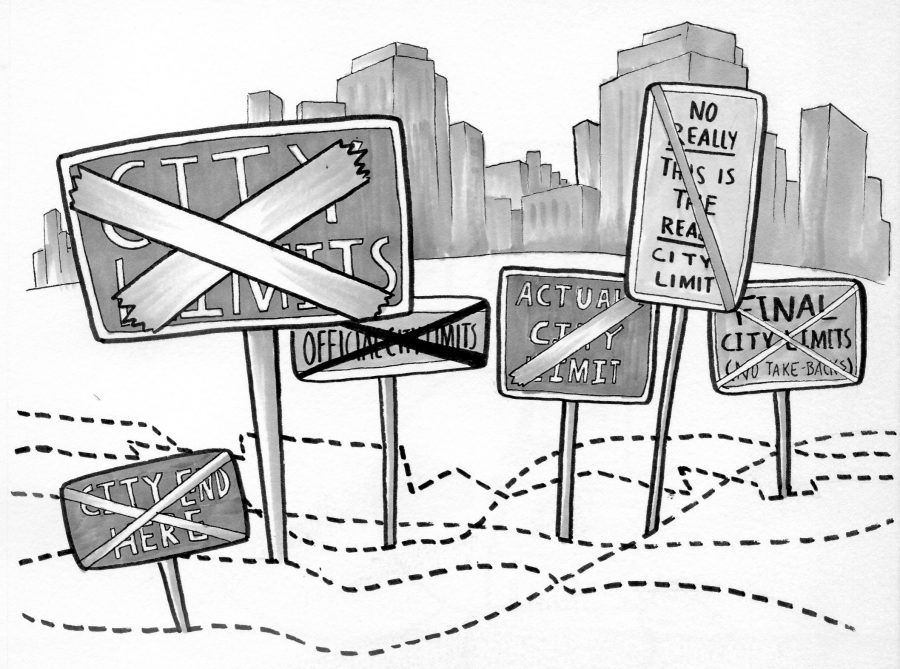As cities expand, they acquire more land outside of their borders. This process often takes the form of municipal annexation, whereby unincorporated land adjacent to a city is integrated into the city. A law going into effect Dec. 1 now requires cities in large counties, like Austin, to get voter approval before an area can be annexed, prompting city officials to speed up
annexation plans.
Nevertheless, Texans in extraterritorial jurisdictions, ETJs, where cities have legal authority outside of their incorporated area should carefully weigh their future annexation by cities as it often comes with few benefits at greater regulatory and financial burden. Land acquisition by metropolitan areas can infringe upon the personal liberty of homeowners. Annexation brings higher tax rates, while proponents argue it provides better services and orderly development.
Mesquite, Pearland and McKinney are among the cities trying to annex land before Senate Bill 6 goes into effect. Such plans have inflamed homeowners and led to heated debates between city officials and residents. Austin’s ETJ is expansive and includes parts of Williamson, Travis, Hays, Caldwell and Bastrop counties, where the city anticipates expanding in the future. The next planned annexation is of Shady Hollow Municipal Utility District in 2020.
Annexation proponents assert that many residents lying outside of city borders use city services while avoiding the higher tax rate of city residents. Further, they note that cities aren’t static — their makeup and borders are fluid. Cities face tremendous burdens in providing vital services, such as law enforcement and road maintenance, while counties and special districts attempt to provide a slew of services — including fire protection, utilities, medical treatment, civil defense and sanitation — to unincorporated areas since they fall outside of any city jurisdiction.
While the proponents’ arguments are understandable, many annexation plans simply increase taxes for residents while providing them with duplicate services provided by the county. If a city is simply acquiring land to increase its tax base, residents in the annexation area should forcefully push back.
Moreover, people residing in the ETJ face municipal regulations when annexed by large cities like Austin, San Antonio, or Houston — regulations that they didn’t face before. Residents can face code violations and restrictions that impede on their ability to use and maintain their property as they have in the past.
Many Texans live in unincorporated areas precisely because they want to live a remote lifestyle. And when they see cities forcibly annexing their land, they wonder why they bothered choosing to live there in the first place. My family lived in an unincorporated area outside of San Antonio, where we paid for and received county services and remained a part of the local school district without paying additional taxes for city services we rarely used.
Annexation pits the individual liberty of residents against the expansion of cities coping with enormous costs. Cities undoubtedly need to expand, but new residents shouldn’t feel like they’re victims of a land grab.
Verses is a Plan II and environmental engineering freshman from San Antonio.





















